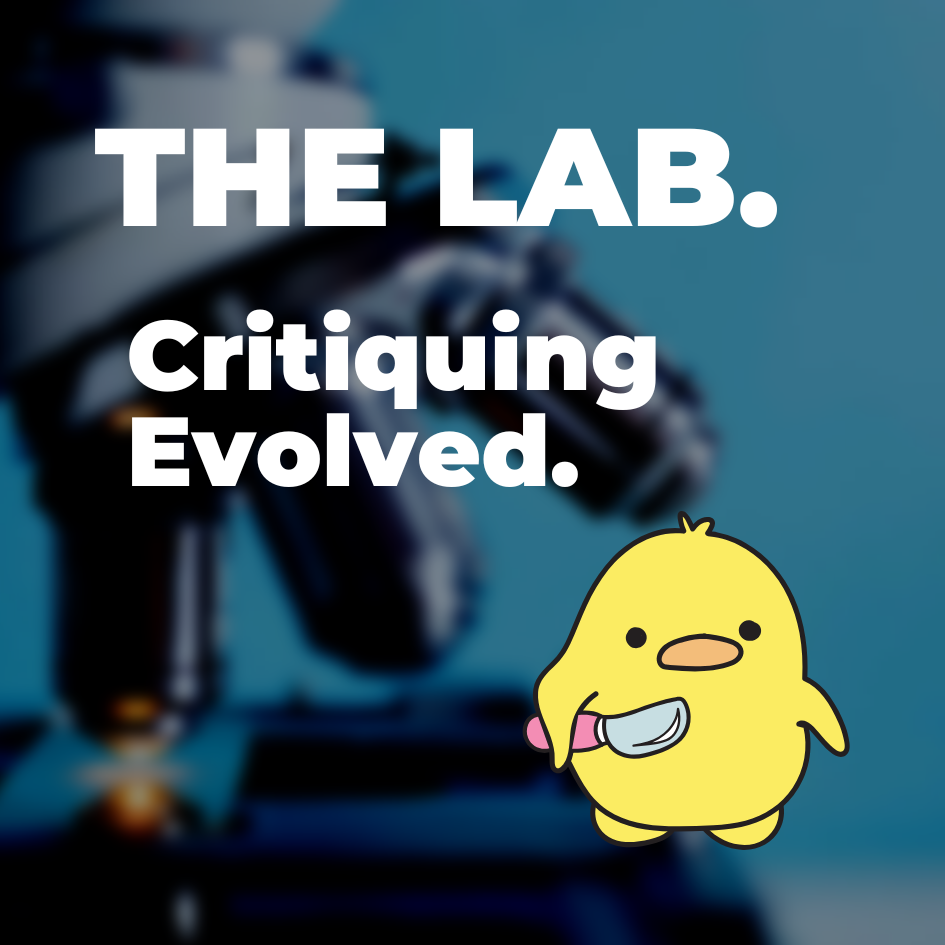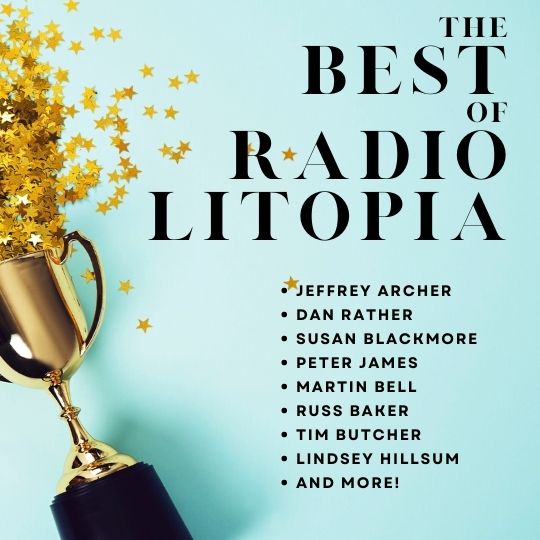Paul Whybrow
Full Member
One thing that happens, as soon as you tell someone that you're a writer, is that they ask you how well you're doing, by which they mean how many books have you sold? It's a sad fact that any creative endeavour is judged by how successful it is in commercial terms.
It's also the way of the world that others make more money off an artist than they themselves do. J K Rowling may be the first billionaire writer, but consider how much loot her publisher has earned! After an artist dies, the vultures swoop in making more money than the artist ever did in their lifetime. Just think of famous painters who died penniless, but whose previously derided art now sells for millions. Many singers sell more records dead than they ever did while alive. Cynically, dying is called a 'great career move.'
One obvious definition of success would be to make a living solely from writing—while you're alive! But, even published authors, many of whom have won literary prizes, need to work at another job to survive. A lot of them do so by teaching about writing and literature.
On the other hand, there are authors who aren't as well-known who are coining it in by self-publishing online. They may not be household names, never appearing as guests on television art shows or being asked to speak at literary festivals, but they run lucrative writing businesses.
Independent novelists on how to self-publish successfully | Daily Mail Online
Personally, I think that anyone who completes the writing of a story is a success. There are millions of folk who claim that they've got a book in them, but who never do anything about it. Just think how much more interesting a person becomes once you know they've written a book. Of course, as soon as they say they've written dozens of titles the commercial aspect intrudes...If they've written so many, and they haven't sold, does that mean they're all rubbish—the writer a delusional loser? With my own writing, I try not to think about such things, firmly believing that I'm continuing to learn about my craft while loving everything I do...except for editing!
Patricia Highsmith made a wise observation in her Plotting and Writing Suspense Fiction:
A writer should not think he is bad or finished (if a book fails to find a market)...Every failure teaches something. You should have the feeling, as every experienced writer has, that there are more ideas where that one came from, more strength where the first strength came from, and that you are inexhaustible as long as you are alive.
Accordingly, I intend to keep on keeping on writing until I drop. I favour rock singer Jim Morrison's interpretation of William Blake's observation on perception, in which he claimed: "There are things known and things unknown, in between are the Doors."
The doors, in the case of writing, come in the form of literary agents, publishers and marketing, and the rusty hinges don't move unless the oil of commercialism is applied. Getting known in any form of art is a long, hard slog. Think how many performances an actor or singer makes before attracting the attention of the public. We're all in search of a breakthrough, and that won't happen by giving up.
How do you define success?
Do you still believe in your work, even though it languishes unrecognised?

It's also the way of the world that others make more money off an artist than they themselves do. J K Rowling may be the first billionaire writer, but consider how much loot her publisher has earned! After an artist dies, the vultures swoop in making more money than the artist ever did in their lifetime. Just think of famous painters who died penniless, but whose previously derided art now sells for millions. Many singers sell more records dead than they ever did while alive. Cynically, dying is called a 'great career move.'
One obvious definition of success would be to make a living solely from writing—while you're alive! But, even published authors, many of whom have won literary prizes, need to work at another job to survive. A lot of them do so by teaching about writing and literature.
On the other hand, there are authors who aren't as well-known who are coining it in by self-publishing online. They may not be household names, never appearing as guests on television art shows or being asked to speak at literary festivals, but they run lucrative writing businesses.
Independent novelists on how to self-publish successfully | Daily Mail Online
Personally, I think that anyone who completes the writing of a story is a success. There are millions of folk who claim that they've got a book in them, but who never do anything about it. Just think how much more interesting a person becomes once you know they've written a book. Of course, as soon as they say they've written dozens of titles the commercial aspect intrudes...If they've written so many, and they haven't sold, does that mean they're all rubbish—the writer a delusional loser? With my own writing, I try not to think about such things, firmly believing that I'm continuing to learn about my craft while loving everything I do...except for editing!
Patricia Highsmith made a wise observation in her Plotting and Writing Suspense Fiction:
A writer should not think he is bad or finished (if a book fails to find a market)...Every failure teaches something. You should have the feeling, as every experienced writer has, that there are more ideas where that one came from, more strength where the first strength came from, and that you are inexhaustible as long as you are alive.
Accordingly, I intend to keep on keeping on writing until I drop. I favour rock singer Jim Morrison's interpretation of William Blake's observation on perception, in which he claimed: "There are things known and things unknown, in between are the Doors."
The doors, in the case of writing, come in the form of literary agents, publishers and marketing, and the rusty hinges don't move unless the oil of commercialism is applied. Getting known in any form of art is a long, hard slog. Think how many performances an actor or singer makes before attracting the attention of the public. We're all in search of a breakthrough, and that won't happen by giving up.
How do you define success?
Do you still believe in your work, even though it languishes unrecognised?





